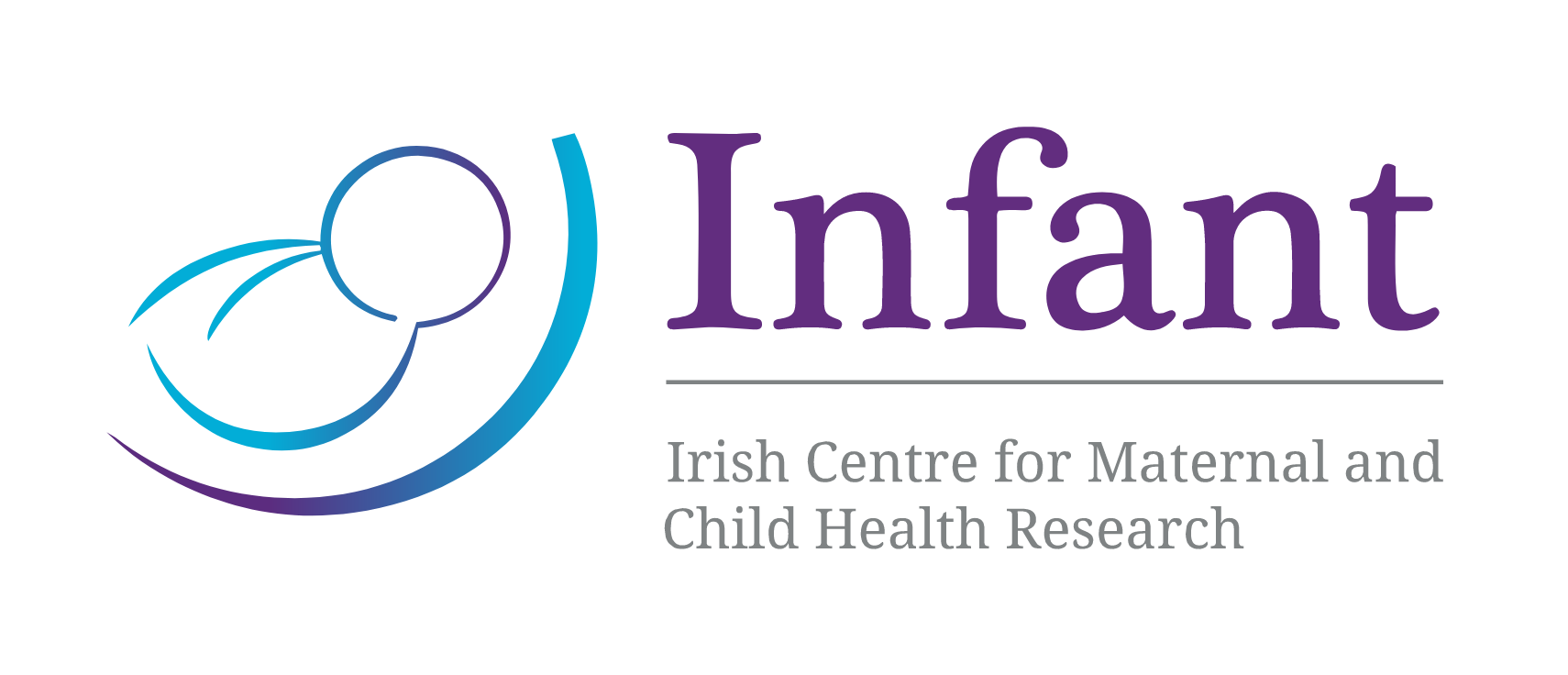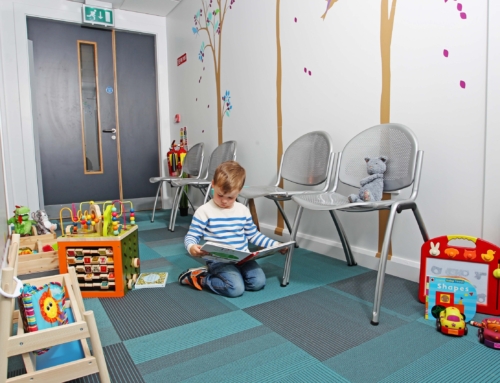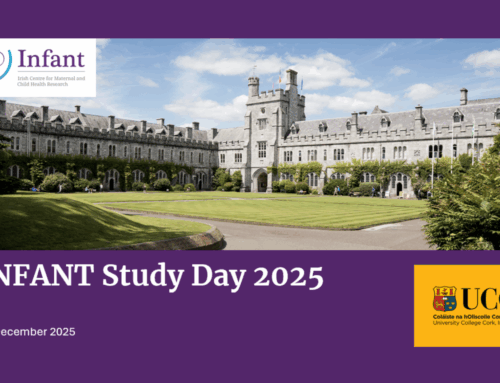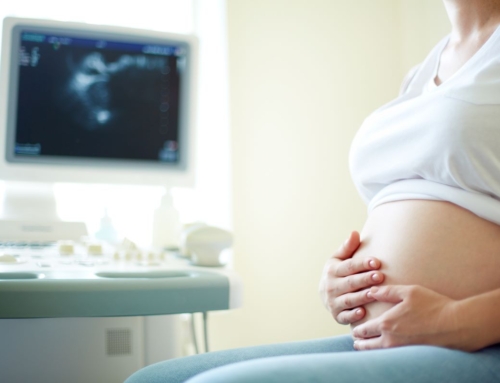Wednesday 14 October 2020
RESEARCHERS FROM PREGNANCY LOSS RESEARCH GROUP AND INFANT CENTRE UCC/CUMH ARE WORKING TOGETHER TO HELP IMPROVE SERVICES FOR THOSE WH0 EXPERIENCE RECURRENT MISCARRIAGE
October 13th 2020: Baby Loss Awareness Week, which runs from October 9 – 15, is an international event which seeks to raise awareness of the issues affecting families who have experienced a loss of a pregnancy or baby. Researchers from the Pregnancy Loss Research Group and Infant Research Centre at Cork University Maternity Hospital (CUMH)/ University College Cork share some of the work that they are doing with those who have experienced the loss of a pregnancy or baby, particularly in the area of recurrent miscarriage, as part of efforts to standardise and improve services across the country.
Miscarriage affects one in four couples, while at least 1-2% will experience at least two or more first-trimester miscarriages in a row, known as recurrent miscarriage. The loss of a baby at any stage of pregnancy can have a devastating impact on a woman, her partner, and their family, even more so if this loss occurs several times.
Rachel Rice, a Parent Advocate said
“Despite having had a first miscarriage, nothing prepared me for the reality that it could happen again and again and again. It is a truly devastating experience and women must be assured that the services they require from diagnosis and treatment, to follow up care and investigation, are evidenced based, informed by best practice clinical guidelines and delivered in a standardised way across all maternity services in Ireland. Parents’ loss does not need to be compounded by inadequate service provision. Improving the quality of recurrent miscarriage care needs to become a priority in our maternity services nationally. The RE:CURRENT Project is unique in its commitment to involving women and men who have experienced recurrent miscarriage on its advisory group, ensuring that the research is informed by the lived experience of parents at each stage of the process. The importance of this work cannot be emphasised enough.”
Led by Dr Keelin O’Donoghue, Consultant Obstetrician at Cork University Maternity Hospital and Principal Investigator at INFANT, the Health Research Board-funded RE:CURRENT (Recurrent miscarriage: Evaluating CURRENT services) Project aims to evaluate recurrent miscarriage services in the Republic of Ireland. The Team is collaborating with key stakeholders across the country, including: healthcare and allied health professionals, representatives from advocacy and support organisations, those involved in the administration, governance and management of maternity services, academics, and women and men who have experienced recurrent miscarriage.
Speaking about the Project, Dr Peter McKenna, Clinical Director of the National Women and Infants Health Programme said
“Recurrent miscarriage impacts a significant number of the population, affecting physical and psychological wellbeing. Part of the anguish caused to women and their families is our inability to offer an explanation as to why this happens. Thorough clinical assessment and greater support to women who experience recurrent miscarriage may be important for successful outcomes in future pregnancy. A key strength of this project is the involvement of a wide range of stakeholders, including women and men who have experienced miscarriage, to inform developments in maternity services in Ireland.”
Over a two-year period, the research team will examine the provision of clinical and supportive care to those who experience recurrent miscarriage with a view to informing service optimisation. As part of this work, the Team has reviewed guidelines for recurrent miscarriage care in different countries, and conducted interviews with health professionals to elicit their views on current care. In the coming months they will also speak to women and men who have experienced recurrent miscarriage to obtain insight into their experiences of the existing services.
The risk of miscarriage depends on a number of factors, including maternal age and number of previous miscarriages. While there are several causes of recurrent miscarriage, no cause is identified in half of cases following investigations and are ‘unexplained’. Many couples are unprepared for a miscarriage, and are often dependent on healthcare professionals to guide them around management and investigations.
According to Dr Keelin O’Donoghue, Consultant Obstetrician at Cork University Maternity Hospital and Principal Investigator at INFANT, “individualised care, appropriate clinical information, and respect for the experiences, views, and wishes of those who experience recurrent miscarriage are important. However, there is currently no national standard for the provision of services and supports. Findings from this project will inform efforts to standardise and improve the quality of services for those who experience recurrent miscarriage”.
Notes for editors:
The RE:CURRENT Project Team comprises Dr Keelin O’Donoghue (PI), Dr Sarah Meaney (Co-Applicant), and Dr Rebecca Dennehy and Marita Hennessy PhD (Postdoctoral Researchers).
Pregnancy Loss Research Group: The Pregnancy Loss Research Group was established in Cork University Maternity Hospital in 2012 and is led by Dr Keelin O’Donoghue, Senior Lecturer and Consultant Obstetrician and Gynaecologist. The research group includes obstetricians, midwives, nurses, social workers, social scientists, epidemiologists, service users, perinatal pathologists, chaplains, educators, researchers, PhD, postgraduate and undergraduate students. The Group studies the lived experiences of men and women who have experienced all aspects of pregnancy loss including miscarriage. Its aim is to advance the services offered to these parents, by improving the understanding and awareness of the consequences of pregnancy loss amongst healthcare professionals and among the general population.
INFANT: The Irish Centre for Maternal and Child Health Research (INFANT) at University College Cork is Ireland’s first translational research centre focused entirely on pregnancy, birth and early childhood. Co-located at UCC, CUH and CUMH, INFANT has a local impact with a global reach. The centre is answering the international need for research and innovation to improve health outcomes for mothers and babies.
Resources for parents, families, health professionals, and anyone who needs information and support about pregnancy and/or infant loss:
Pregnancy and Infant Loss Website: www.pregnancyandinfantloss.ie
Cork Miscarriage Website: www.CorkMiscarriage.com. This is a valuable resource for parents who experience pregnancy loss or perinatal death. The website provides accurate and accessible information on a sensitive and often stigmatised subject, shares the latest research into the causes of baby loss, promotes emotional well-being, and offers details on how to access the appropriate support services.
Féileacáin (Stillbirth and Neonatal Death Association of Ireland – SANDAI) was formed by a group of bereaved parents to offer support to anyone affected by the death of a baby around the time of birth, and the organisation is now the national charity supporting families affected by perinatal loss. Website: https://feileacain.ie/
The Miscarriage Association of Ireland, a charitable body set up by, and with the support of women and men who themselves have been experienced the loss of a baby through miscarriage. Website: http://www.miscarriage.ie/
A Little Lifetime Foundation’s aim is to provide information, services and support based on other bereaved parents’ and families’ experiences. Website: https://alittlelifetime.ie/
Baby Loss Awareness Week, which runs from October 9 – 15, is an international event which seeks to raise awareness of the issues affecting families who have experienced a loss of a pregnancy or baby.
For interviews contact: Tara O’Leary, Communications Infant Research Centre, UCC on 0858077849 or email tara.oleary@ucc.ie




